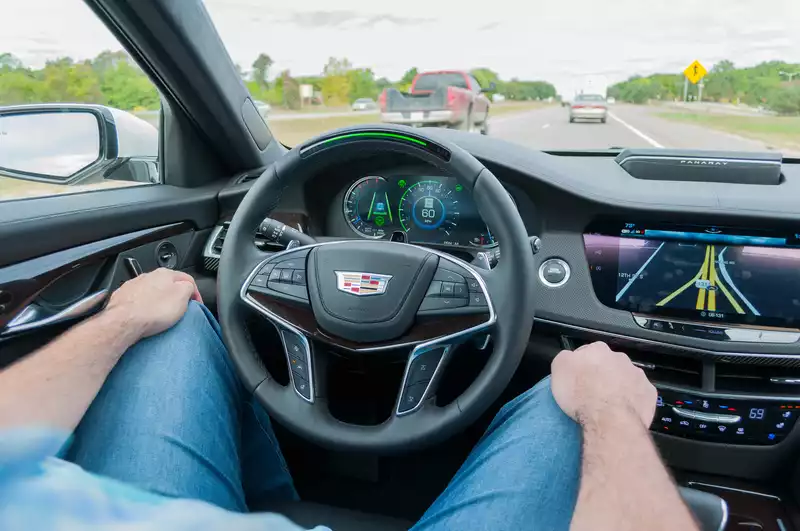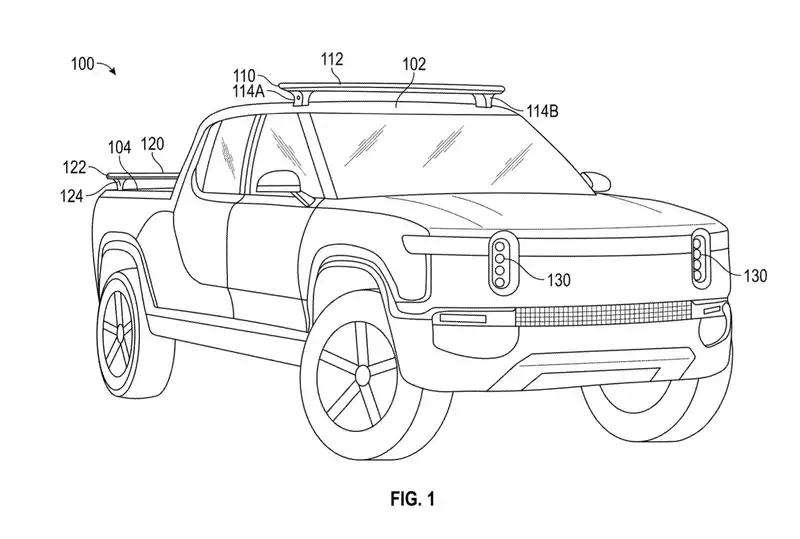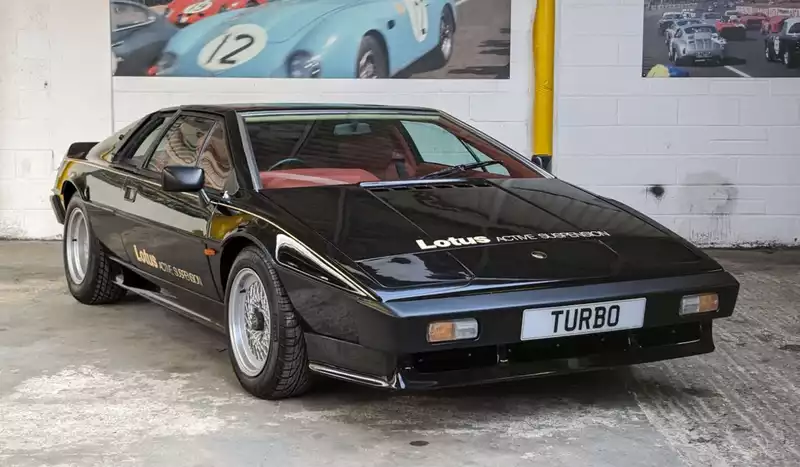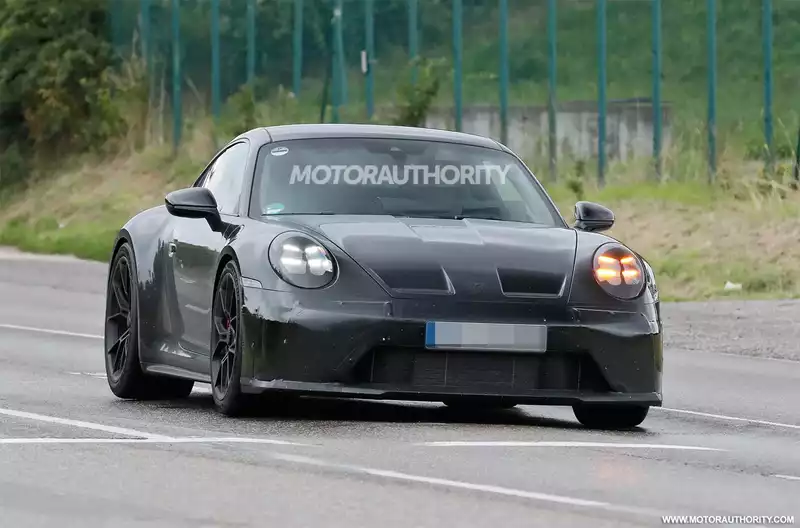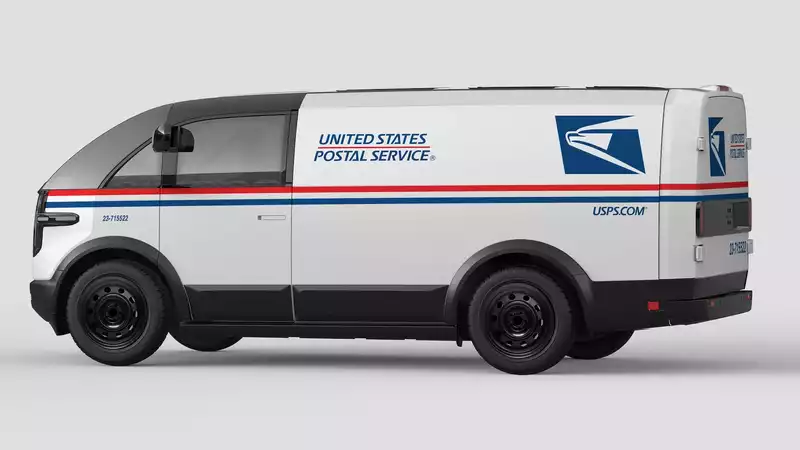Car interiors of the future could be made from coffee grounds, lentils and eggshells
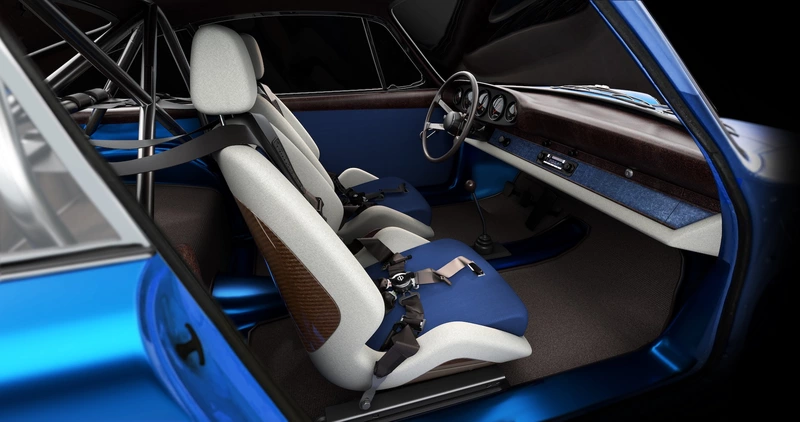
As the number of electric vehicles increases, automakers are beginning to look beyond the powertrain to environmental impacts. In this context, design firm Karam, founded by automotive designer Ian Callum, has modified the interior of a Porsche 911 using products made from food scraps and other trash.
The designers identified coffee pulp, eggshells, red lentils, walnuts, and rice as materials that could be used in the interiors of future cars by 2030.
For example, they mixed eggshells with resin to create a smooth opaque material that could substitute for plastic. This material could be made into a glossy or matte finish and was used for trim around window switches. Walnut shells could also be added, increasing the recycling rate from 78% to 84%.
Expired rice and lentils can be made into a smooth translucent material for light covers and illuminated switches, and coffee pulp can replace plastic used for dashboard trim pieces, the company said.
Depending on the material, its color may also be suitable. Callum noted that purple carrot pulp produces a mulberry-like color, while tree leaves can form a darker solid-colored alternative to traditional wood veneers.
Another possibility is clothing waste. According to Karam, companies are already shredding discarded jeans and pressing them with potato or corn starch to create a hard material that can be used for seat shells and dashboard components.
The 911's restomod interior uses Camira, a fabric made from recycled polyester, for the seat center facings and Féline, made from recycled plastic bottles, for the bolsters. Both are lighter in weight than conventional plastics and can be reused. Finally, the carpets are made of Econyl, which is composed of recycled nylon carpet and fishing nets.
Automakers have experimented with sustainable materials before, using Canadian straw in the Ford Flex about 10 years ago. More recently, the 2023 Fisker Ocean and 2024 Volvo EX90 use carpet made from recycled fishing nets. Audi and Polestar have pledged to use more recycled materials in future vehicles, and BMW explored this idea in its 2021 i Vision Circular concept.
